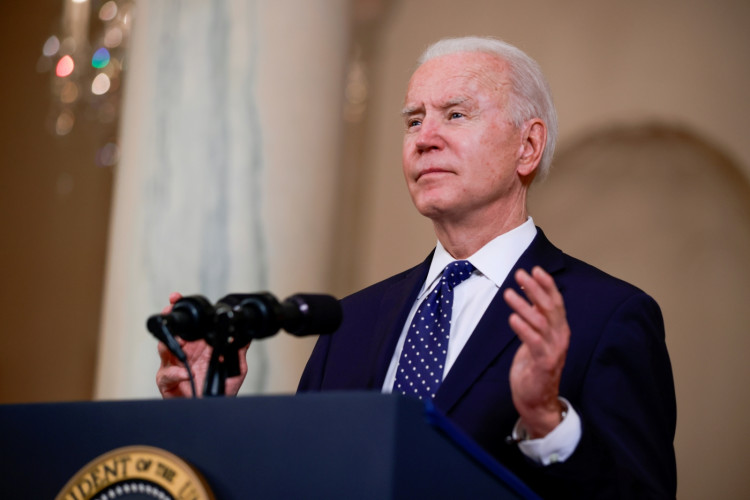President Joe Biden is reportedly preparing to block Japan's Nippon Steel Corporation's $14.1 billion bid to acquire U.S. Steel, a decision that could deliver a significant blow to the proposed merger and heighten tensions in an already politically charged environment. The acquisition, which has been under scrutiny by the Committee on Foreign Investment in the United States (CFIUS), is now at a critical juncture as the committee nears its final recommendation.
While the White House has yet to comment publicly on the president's position, sources close to the situation indicate that Biden is likely to oppose the deal if CFIUS flags any national security concerns. The administration's hesitancy underscores broader apprehensions about the potential risks of allowing a key American manufacturing company to fall under foreign ownership, even by a close ally like Japan.
"We continue to stand by the fact that there are no national security issues associated with this transaction, as Japan is one of our most staunch allies," U.S. Steel said in a statement. The company expressed its determination to pursue "all possible options under the law" to ensure the transaction's completion, signaling a potential legal battle if the deal is blocked.
The stakes are high, with the merger not only representing a significant financial transaction but also becoming a flashpoint in the upcoming U.S. elections. The deal has attracted strong opposition from both sides of the political spectrum, with key figures such as Vice President Kamala Harris and former President Donald Trump voicing their concerns. Harris, who recently declared her opposition at a Labor Day rally in Pittsburgh, echoed Biden's earlier sentiment that U.S. Steel should remain "domestically owned and operated."
The controversy surrounding the deal also highlights the broader economic and political implications of such acquisitions. U.S. Steel, once the epitome of American industrial might, is now a shadow of its former self, facing fierce competition and dwindling market share. The company has argued that Nippon Steel's investment is crucial to revitalizing its operations, particularly in its unionized mills in Pennsylvania and Indiana.
Without the merger, U.S. Steel has warned that it may have to pivot away from its traditional blast furnace facilities, potentially jeopardizing thousands of jobs. The company has also hinted at the possibility of relocating its headquarters from Pittsburgh, further fueling concerns about the future of American steel production.
On the other side, Nippon Steel has made several concessions in an attempt to assuage U.S. concerns. The Japanese firm has pledged to maintain a majority American board and management team at U.S. Steel, and has assured that no production capacity or jobs will be transferred outside the United States. Despite these promises, skepticism remains, particularly among the United Steelworkers (USW) union, which has been a vocal opponent of the deal.
The union's apprehensions stem from fears that Nippon Steel may prioritize U.S. Steel's nonunion plants and shift production to Japan, leaving American workers vulnerable. The USW has accused U.S. Steel of making "baseless and unlawful threats" in its push for the merger, calling it a "last gasp and desperate effort to save a merger on life support."





